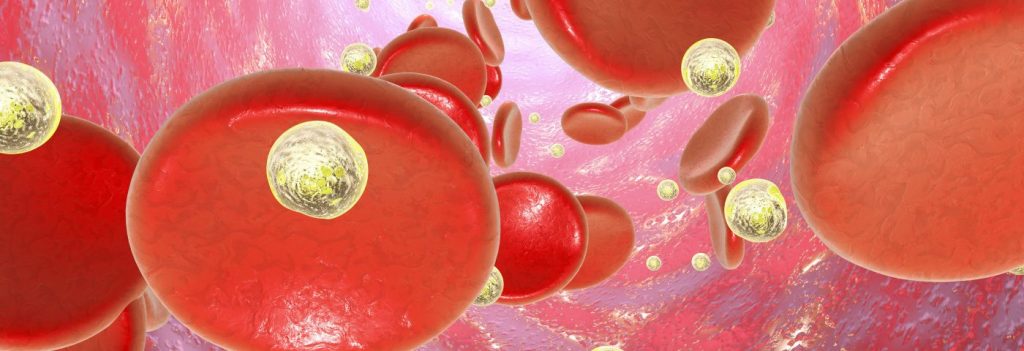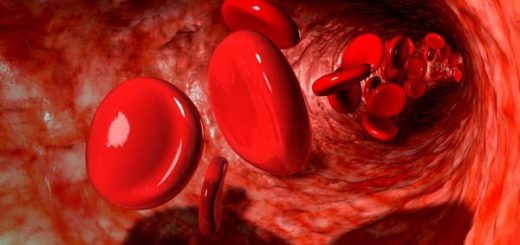Sickle Cell Anemia and Fatigue

Sickle cell anemia is a heritable disease caused by a mutation in the gene that provides instructions for the production of hemoglobin, the protein in red blood cells that carries oxygen. This mutation causes the red blood cells to become deformed and adopt an inflexible “sickle” shape that has difficulty traveling through small blood vessels.
Although the most common symptom of sickle cell anemia is pain, fatigue also frequently occurs and can affect patients’ quality of life.
Causes of fatigue
Fatigue in sickle cell anemia is thought to be the result of insufficient oxygen reaching muscles and other tissues. Sickled blood cells have trouble traveling through the smallest blood vessels, which means that muscles and tissues are not getting the oxygen they need.
Sickle cell anemia also causes chronic pain and inflammation, which can interfere with sleep, leading to fatigue. Both chronic and acute pain (vaso-occlusive crisis) can make getting a restful sleep difficult.
Research on fatigue in sickle cell anemia
Very little research has been done on fatigue in sickle cell anemia, and treatments are limited.
One study, published in the Journal of Pediatric Oncology Nursing, examined fatigue in 60 adolescents and young adults with sickle cell anemia, using three measures. The multidimensional fatigue symptom inventory-short form (MFSI-SF) is a 30-item survey that assesses fatigue over the past month. The brief fatigue inventory (BFI) is a 10-item self-report measure that assesses the severity of fatigue and its interference in daily functioning over the past 24 hours. The PROMIS fatigue short form (PROMIS) is a seven-item instrument that assesses the impact and experience of fatigue in the past week. These surveys were performed in parallel with surveys to assess pain, sleep quality, anxiety, and depression.
The study’s authors found that fatigue is an important symptom of sickle cell anemia, and that the severity of fatigue observed in patients was similar to those with chronic illnesses, including multiple sclerosis, HIV, cancer, and chronic pain conditions.
Managing fatigue in sickle cell anemia
While very little work has been done to date to minimize fatigue in sickle cell anemia patients, the National Comprehensive Cancer Network has an extensive guideline for screening for and managing fatigue.
The guideline recommends lifestyle changes that can help minimize fatigue, some of which may also be useful for sickle cell patients, including light exercise, proper nutrition, and getting enough sleep.
Some medications can interfere with restful sleep, and it is important to discuss with a health professional whether medications used to treat other symptoms of sickle cell anemia could be contributing to fatigue.
Credited to Sickle Cell Anaemia News




Recent Comments